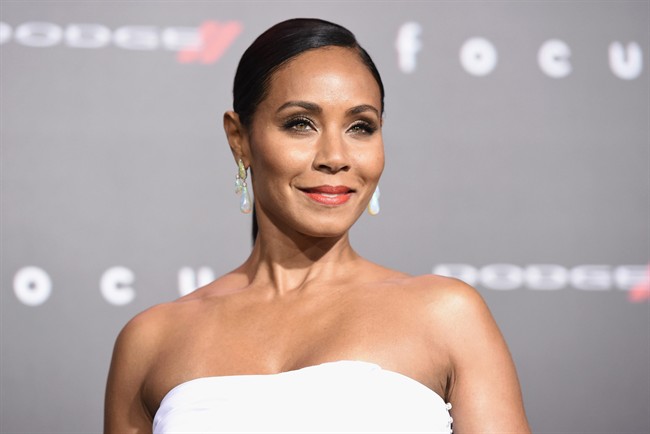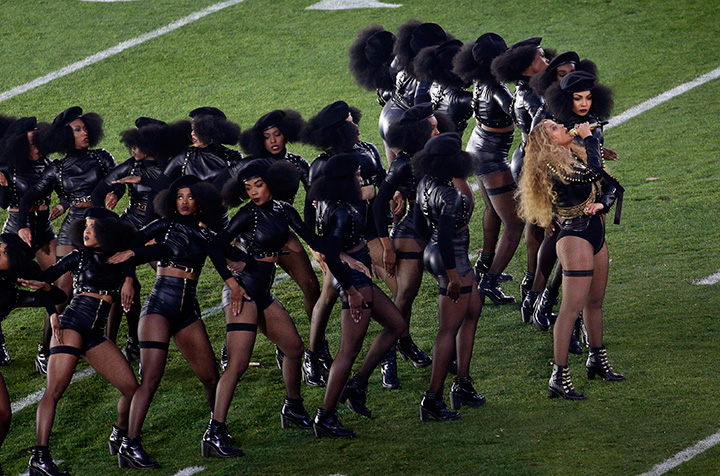Just south of Centre Avenue on the cusp of Calgary’s southeast is what some would call a living legend.

Lloyd Reid has called the city of Calgary home since 1976 when he migrated from Jamaica. After eight years, he decided to launch a Jamaican patty shop. He says it was a challenge in a city more familiar with hamburgers than Caribbean cuisine.
“When I started I was the only one around,” Reid said.
Not only was it rare to come across multicultural food, it was rare to cross paths with people that looked like himself.
“You wouldn’t see any black people around the place, right? If you wanted to see some black people you’d have to go down to the Bay – 1st Street and Centre -because most of us used to shop there and that’s where you’d run into a black person and say ‘hi’ and wave,” Reid said.
Since then, Calgary has changed quite a bit.
The population has more than doubled since the 1970s; and, according to Calgary Economic Development, 33,000 people who identified as “black” called Calgary home in 2011.
Arguably, the world has also changed significantly since Reid first left Jamaica.
Aside from the fact the island elected its first female prime minister in 2006, Barack Obama was elected as the first black president of the United States and Michaelle Jean had a popular tenure as the first black Governor General of Canada.
- Are you eligible in TD mutual fund class-action settlement? What to know
- EU proposal would ease cross-border abortion access for women facing bans
- Ontario influenza ICU admissions up 127% in past week, hospital association warns
- This H3N2 flu strain is spreading ‘rapidly.’ Why subclade K is hitting hard
There have been major milestones and huge successes when it comes to re-writing black history.

Get daily National news
Be it Lloyd’s Patty Plus, which now has major contracts supplying beef patties to universities and delis, or the success of CEOs and the world’s wealthiest athletes and entertainers, many agree the tone has evolved from a focus on the atrocities of slavery.
Even then, the most famed and fortuned identify with an ongoing struggle of marginalization and under-representation.
As camera shutters capture black celebrities on red carpets, some have come out blowing the whistle on what’s being called racial injustice.

“I will not be at the Academy Awards and I will not be watching,” Jada Pinkett-Smith said in a recent viral video. The Smith family, along with Hollywood heavyweights like Spike Lee, will be boycotting Sunday’s Oscars after a noticeable lack of black nominees.
Whle millions watched, Beyonce’s Superbowl performance was well-recognized for the historical symbolism that appeared to pay tribute to the Black Panther movement of the 1960s.
Her much talked-about tribute sparked worldwide conversations.
“I think we’re talking about the right things that are allowing people to know ‘hey, we’re not being represented.’ That’s why we’ve created separate events,” hip-hop connoisseur Beni Johnson said.
Johnson is one of Calgary’s trailblazers of urban arts. He is quick to note the Canadian experience differs greatly from the American one, but that the discussion is just as vital on this side of the border.
“You know when Beyonce goes and does something like she did at the Superbowl, it’s about creating awareness,” Johnson said. “You know changing people’s minds about what they thought the Black Panthers were or what they were about and giving people some information or a point of access to start talking and discussing these things that kind of just get swept under the rug.”
He says the poetry shows and open mic sessions he holds become an outlet for pent-up frustration. It’s where these same themes of racial injustice get showcased in a Canadian context.
“Overall, I think it’s very much about a majority and a minority and lack of information and education in between. And when you don’t have the larger body of people understanding what the experiences can be, whether you’re biracial or whether you just immigrated here…the way you look at them, the way you give them opportunities is a form of not allowing them to become somebody who is functioning in society here. It makes it hard to make people understand what racism means if you can’t have a conversation about differences and that you’re actually more alike,” Johnson said.











Comments